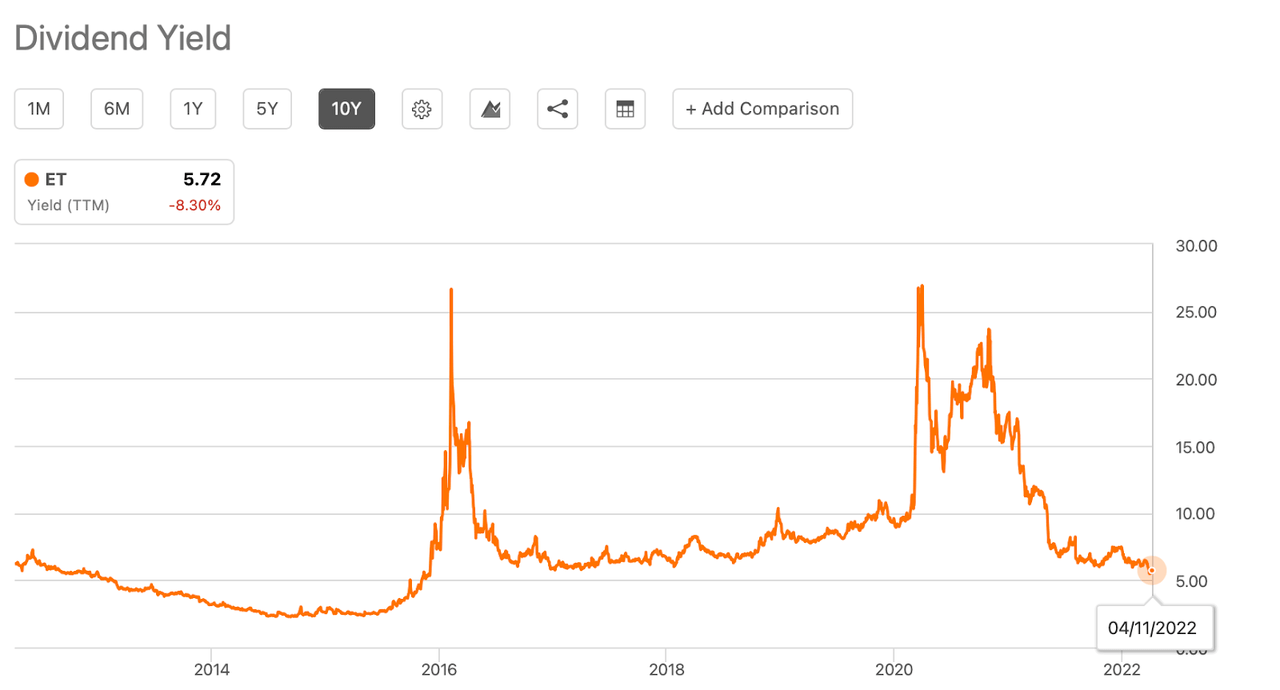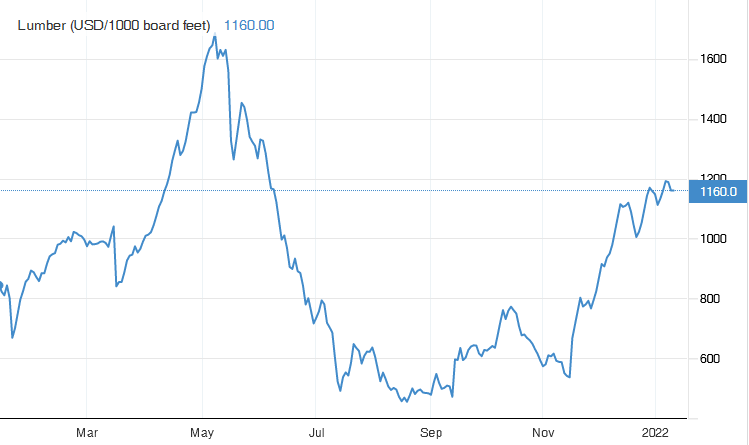
Investing is hard, and if you're looking for ways to reduce your risk in a tough market like this one, exchange-traded funds (ETFs) can help. ETFs let investors own stocks without having to buy and sell individual shares. They also have lower fees compared to other mutual funds. How do you choose the best etf for you?
High return etfs
You can increase your returns on investment quickly by investing in an ETF with a high rate of return. They are designed as a way to track a certain market index like the S&P 500. Some ETFs may also be leveraged or inverse. This means that they could be more volatile than traditional mutual funds.
Best etf portfolios
A well-built, well-diversified core portfolio can be your key to long-term success. Your portfolio will not benefit you if it is full of low-performing mutual funds. This is why you need to use a heavy-duty fund, such as an ETF.
Best etfs are those that focus on just a few sectors and stocks. They're also often cheaper than other mutual funds. They are a good option for investors who have a limited budget and don't wish to spend too much on their investments.

Most profitable etfs
Dividend stocks will likely outperform growth stocks in a downturn. Dividends come from profits so they are a great indicator of profitability. If you're interested in high-yielding investments such as PowerShares S&P dividend income achievers ETF, then consider investing in dividend exchange traded funds.
Dividend ETFs offer a variety of options to gain exposure to the strategy. For example, the iShares S&P Dividend Achievers ETF (SDY) offers a low cost way to buy and hold a diverse group of dividend stocks.
Most affordable etfs
Vanguard Total Stock Market ETF makes a great choice if you want to build a broad, low-cost portfolio. It tracks CRSP US Total Stock Market Index at a cost of only 0.03%. It is also one of the biggest etfs on the planet, with a large number of assets.
The large-cap holdings consist of a mix blue-chips, smaller companies with rapid growth and other fast-growing firms. Amazon and Apple are two tech giants that make up a significant portion of this fund.
The fund also includes international stocks to provide exposure to emerging markets. These include energy titan Shell (SHEL) and food giant Nestle (NSRGY).

Best nasdaq etfs
Finally, the Invesco QQQ Trust is a great option for investors seeking a mix of large and small caps. This fund includes both growth and value stocks such as Apple and Microsoft.
Its low fees, wide range of industries and high dividend yield make it a popular choice for diversified portfolios. Small-cap stocks are more volatile during a recession due to their smaller size. Its value will rise once a downturn is over.
FAQ
What is a mutual-fund?
Mutual funds can be described as pools of money that invest in securities. They offer diversification by allowing all types and investments to be included in the pool. This helps to reduce risk.
Professional managers manage mutual funds and make investment decisions. Some mutual funds allow investors to manage their portfolios.
Mutual funds are often preferred over individual stocks as they are easier to comprehend and less risky.
What are the advantages to owning stocks?
Stocks have a higher volatility than bonds. The stock market will suffer if a company goes bust.
But, shares will increase if the company grows.
For capital raising, companies will often issue new shares. This allows investors the opportunity to purchase more shares.
Companies use debt finance to borrow money. This allows them to borrow money cheaply, which allows them more growth.
People will purchase a product that is good if it's a quality product. Stock prices rise with increased demand.
Stock prices should rise as long as the company produces products people want.
How does inflation affect the stock market?
Inflation affects the stock markets because investors must pay more each year to buy goods and services. As prices rise, stocks fall. This is why it's important to buy shares at a discount.
What is a bond?
A bond agreement between two people where money is transferred to purchase goods or services. It is also known by the term contract.
A bond is typically written on paper, signed by both parties. This document details the date, amount owed, interest rates, and other pertinent information.
The bond is used for risks such as the possibility of a business failing or someone breaking a promise.
Sometimes bonds can be used with other types loans like mortgages. This means that the borrower must pay back the loan plus any interest payments.
Bonds can also raise money to finance large projects like the building of bridges and roads or hospitals.
A bond becomes due when it matures. This means that the bond's owner will be paid the principal and any interest.
Lenders can lose their money if they fail to pay back a bond.
Statistics
- Ratchet down that 10% if you don't yet have a healthy emergency fund and 10% to 15% of your income funneled into a retirement savings account. (nerdwallet.com)
- The S&P 500 has grown about 10.5% per year since its establishment in the 1920s. (investopedia.com)
- Our focus on Main Street investors reflects the fact that American households own $38 trillion worth of equities, more than 59 percent of the U.S. equity market either directly or indirectly through mutual funds, retirement accounts, and other investments. (sec.gov)
- "If all of your money's in one stock, you could potentially lose 50% of it overnight," Moore says. (nerdwallet.com)
External Links
How To
How to Open a Trading Account
It is important to open a brokerage accounts. There are many brokerage firms out there that offer different services. Some have fees, others do not. Etrade, TD Ameritrade and Schwab are the most popular brokerages. Scottrade, Interactive Brokers, and Fidelity are also very popular.
Once you have opened your account, it is time to decide what type of account you want. You can choose from these options:
-
Individual Retirement Accounts (IRAs).
-
Roth Individual Retirement Accounts
-
401(k)s
-
403(b)s
-
SIMPLE IRAs
-
SEP IRAs
-
SIMPLE SIMPLE401(k)s
Each option has its own benefits. IRA accounts provide tax advantages, however they are more complex than other options. Roth IRAs are a way for investors to deduct their contributions from their taxable income. However they cannot be used as a source or funds for withdrawals. SIMPLE IRAs have SEP IRAs. However, they can also be funded by employer matching dollars. SIMPLE IRAs are simple to set-up and very easy to use. They allow employees to contribute pre-tax dollars and receive matching contributions from employers.
Finally, determine how much capital you would like to invest. This is also known as your first deposit. Many brokers will offer a variety of deposits depending on what you want to return. A range of deposits could be offered, for example, $5,000-$10,000, depending on your rate of return. The lower end of this range represents a conservative approach, and the upper end represents a risky approach.
You must decide what type of account to open. Next, you must decide how much money you wish to invest. Each broker has minimum amounts that you must invest. These minimum amounts can vary from broker to broker, so make sure you check with each one.
After choosing the type account that suits your needs and the amount you are willing to invest, you can choose a broker. Before selecting a brokerage, you need to consider the following.
-
Fees - Make sure that the fee structure is transparent and reasonable. Many brokers will try to hide fees by offering free trades or rebates. However, some brokers raise their fees after you place your first order. Be cautious of brokers who try to scam you into paying additional fees.
-
Customer service – Look for customer service representatives that are knowledgeable about the products they sell and can answer your questions quickly.
-
Security - Look for a broker who offers security features like multi-signature technology or two-factor authentication.
-
Mobile apps – Check to see if the broker provides mobile apps that enable you to access your portfolio wherever you are using your smartphone.
-
Social media presence - Check to see if they have a active social media account. It might be time for them to leave if they don't.
-
Technology - Does the broker utilize cutting-edge technology Is the trading platform easy to use? Are there any issues when using the platform?
Once you've selected a broker, you must sign up for an account. Some brokers offer free trials, while others charge a small fee to get started. After signing up, you will need to confirm email address, phone number and password. Then, you'll be asked to provide personal information such as your name, date of birth, and social security number. You will then need to prove your identity.
Once verified, your new brokerage firm will begin sending you emails. These emails contain important information and you should read them carefully. The emails will tell you which assets you are allowed to buy or sell, the types and associated fees. Also, keep track of any special promotions that your broker sends out. These could be referral bonuses, contests or even free trades.
Next, open an online account. Opening an account online is normally done via a third-party website, such as TradeStation. Both sites are great for beginners. You will need to enter your full name, address and phone number in order to open an account. After this information has been submitted, you will be given an activation number. Use this code to log onto your account and complete the process.
After opening an account, it's time to invest!